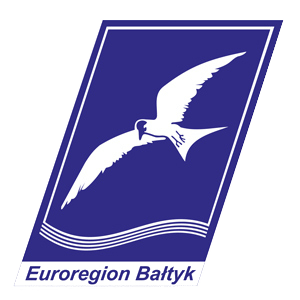Informacje z Euroregionu Bałtyk
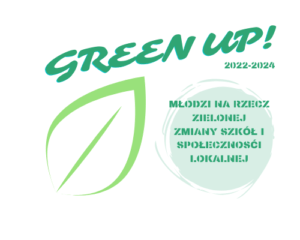
Green uptl-ne Green up. News Projects English pll_62dfa8e304f45 Green up
First e-meeting of the new founded Green up project consortium - 25.07.2022
The first consultation meeting of the members of the consortium of the Polish side of the Green up 2022-2024 project - Young people for green change in schools and communities took place yesterday, attended by representatives of the applicant from the 'WAMA-COOP' Association and partners from the Association of Polish Municipalities Euroregion Baltic and the Elbląg Technology Park.
Despite the ongoing holiday period, it was possible to organise an ad hoc meeting of all parties involved as soon as the information about the grant award was received. The meeting itself was mainly devoted to the administrative and organisational part of the project and its future implementation. During the meeting, the technical part of project implementation was discussed, including management and control systems, systems for monitoring and implementing project activities, as well as plans for communication and promotion of both the programme and the project. It was also a time to discuss how to involve the whole range of local stakeholders and communities.
The very recognition and appreciation of the project by the programme authorities is a remarkable success for the consortium, demonstrating the value of creating multi-sector consortia: combining both the non-governmental sphere (two Associations from Poland and one from Norway) with the local government sphere (ETP/Elbląg Municipality) supported by three local government units: Um. Nowe Miasto Lubawskie, Um. Braniewo, Um. Dzierzgoń together with the education sector, i.e. the school establishments located in the area mentioned.
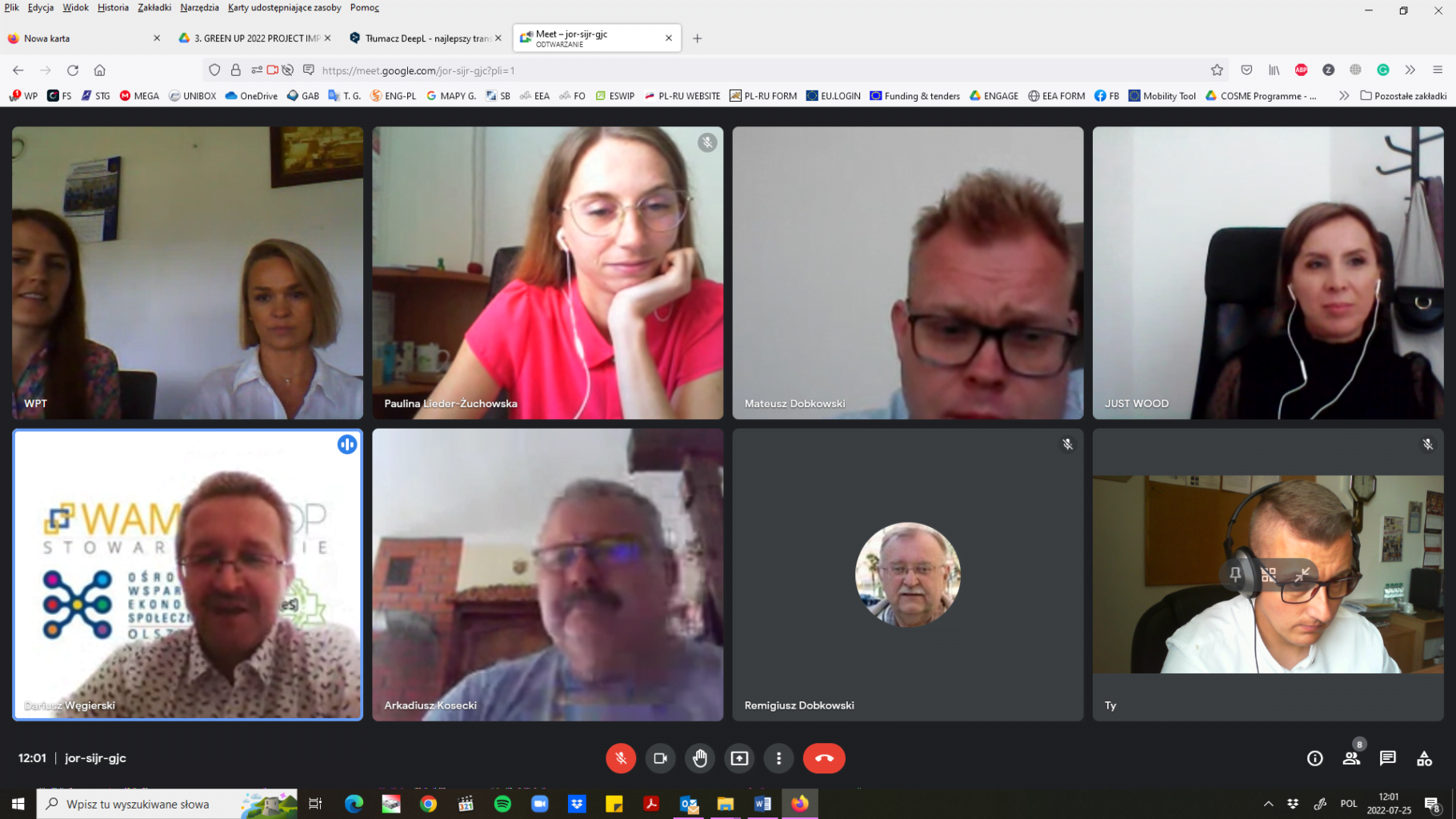
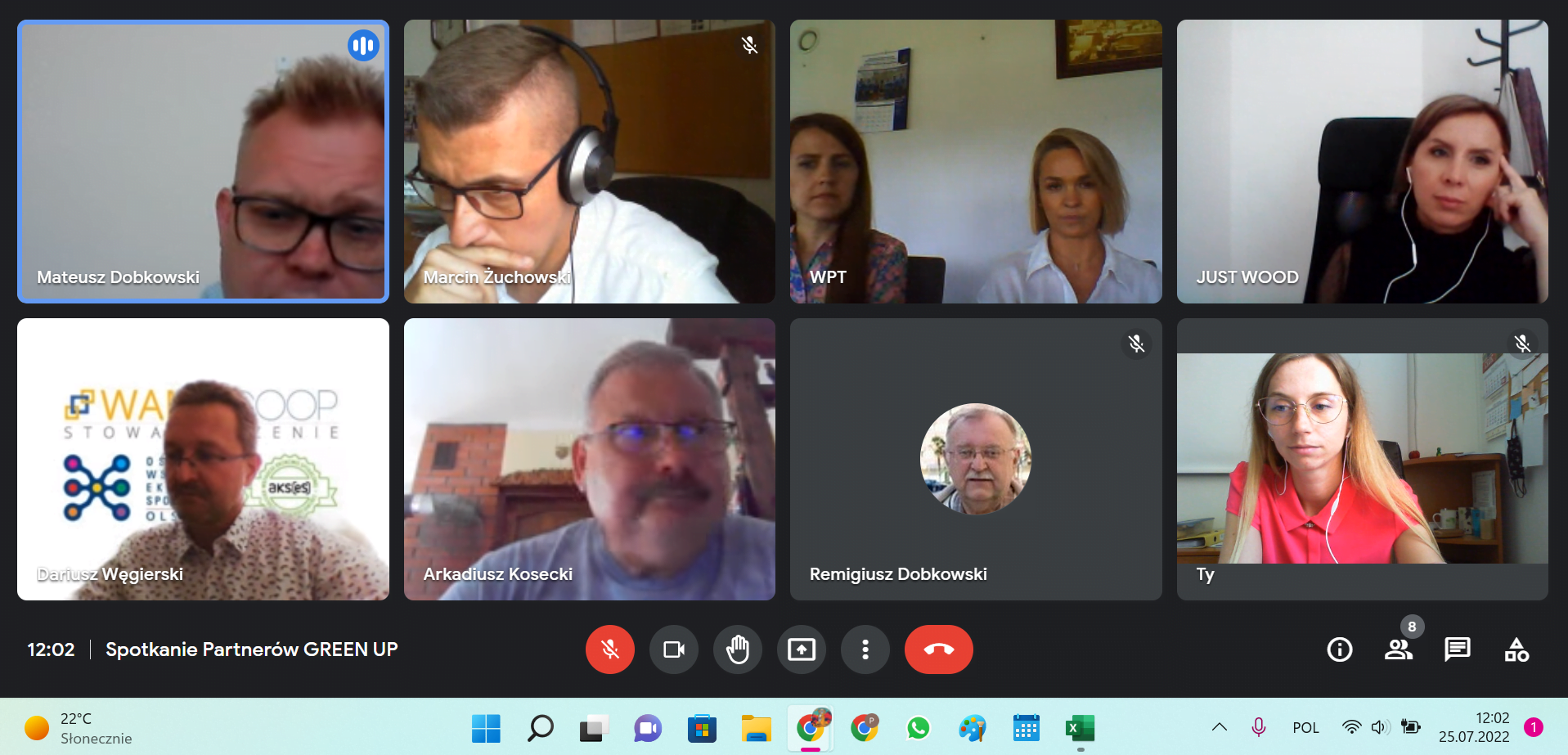
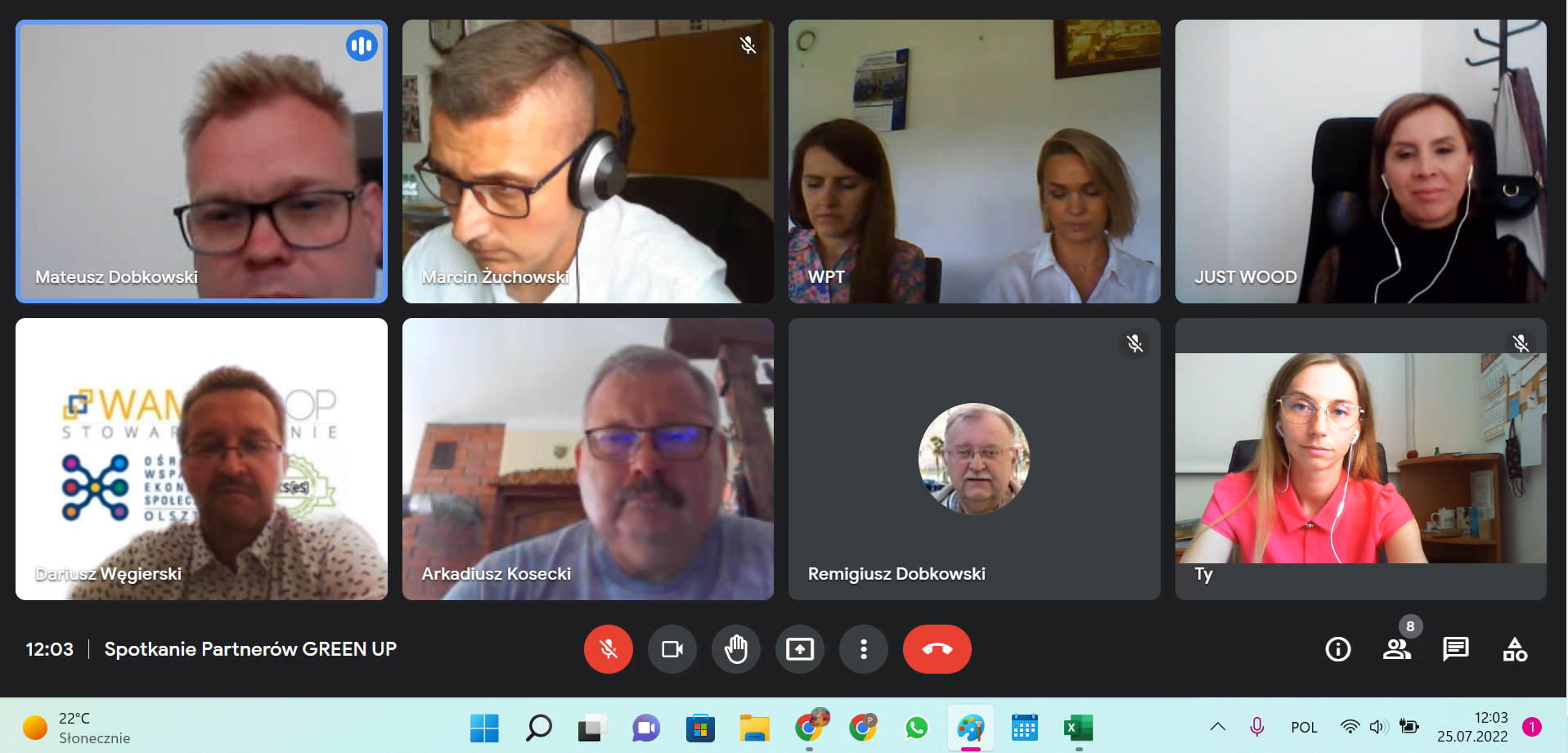
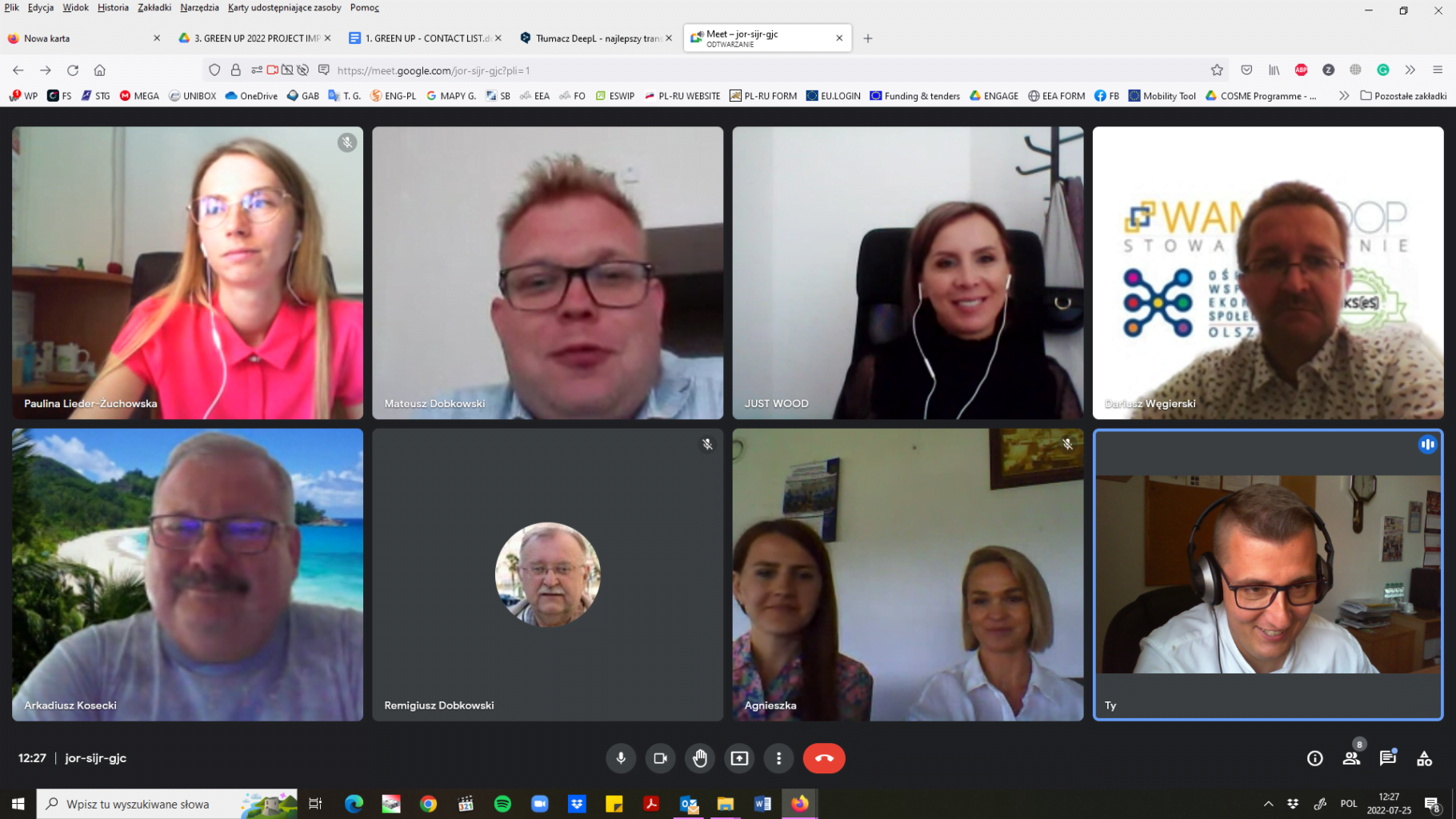
This is at the same time the beginning of the work on the basis of three case studies from the two provinces constituting our research sites, e.g.:
1. Case Study: Dzierzgoń Municipality (POM) and subordinate school establishments
- Primary School named after the Millennium of the Polish State in Dzierzgon
- Wanda Chotomska Primary School in Bruk
- St. Adalbert Primary School in Bągart
2 Case study: Municipality of Braniewo (W-M) and subordinate school establishments
- John Paul II Primary School No. 6 in Braniewo
- Senat Polish Primary School No. 3 in Braniewo
- Primary School No. 5 m. Ziemi Braniewskiej in Braniewo
3 Case study: Municipality of Nowe Miasto Lubawskie (W-M) and subordinate school establishments
- Primary School No. 1 by Jan Paweł II, 3 Jagiellońska St. in NML
- Primary School No. 2 named after Janusz Korczak, ul. Tysiąclecia 33 in NML
- Szkoła Podstawowa nr 3 im. Filomatów Nowomiejskich, ul. Działyńskich 14 in NML
Through the programme, we will try to activate local communities in relation to important topics concerning ecology, sustainable development, blue and green growth and combating climate change, showing not only theoretical issues, but through practice building democratic social involvement that changes our environment for a green, competitive and inclusive Europe.
The Active Citizens - Regional Fund programme itself, which recognised our efforts, is one of 15 programmes currently running in EU countries (under the common name Active Citizens Fund) which, while supporting the development of civil society, refer to common values: respect for human dignity, freedom, democracy, equality, the rule of law and respect for human rights, including the rights of persons belonging to minorities.
Our Green up 2022-2024 project fits in with the programme's goal of building a democratic culture and civic engagement at the local level, by
- demonstrating the impact of NGOs on the development of local communities and democratic culture;
- strengthening civil society;
- enhancing the importance of civic education;
- developing cooperation and partnerships at the local level;
- developing critical thinking skills;
- disseminating knowledge on climate change.
More information and another portion of project activities coming soon after the grant agreement is signed!
